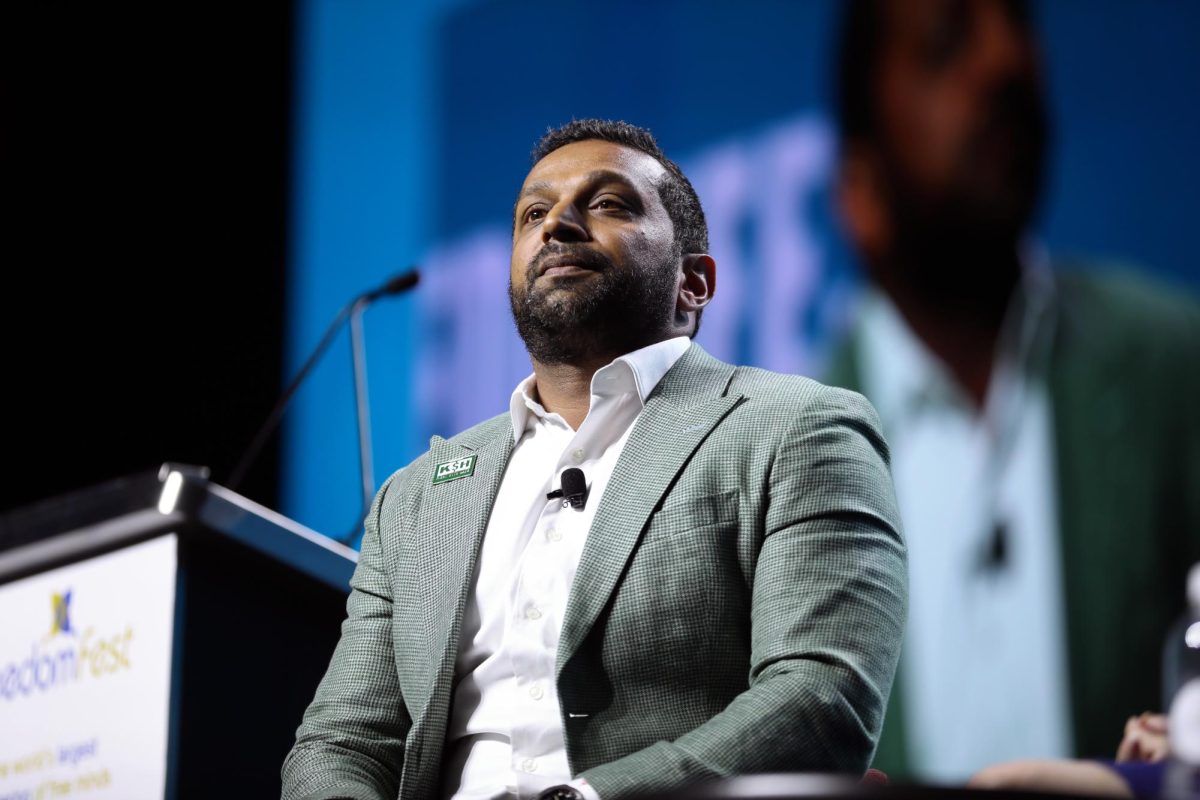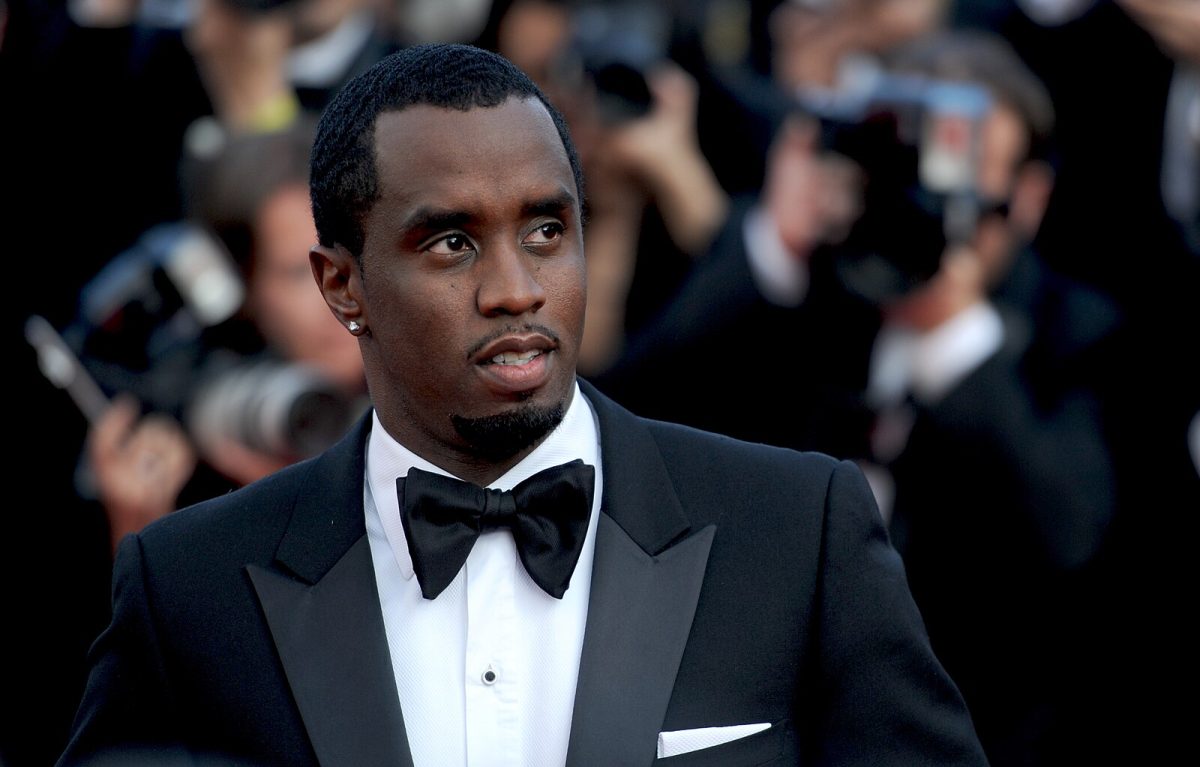Kash Patel, the Trump administration’s pick for FBI director and graduate of the University’s law school, has come under increasing scrutiny after filling out a senate questionnaire earlier this month and attending a confirmation hearing on Thursday, Jan. 30. These recent events have renewed interest in the FBI candidate’s background, especially the University’s role in his career, a factor which it has decided to stay silent on.
Following President Donald Trump’s inauguration, the Republican party has been gathering its nominees for government and civil sector positions and is preparing to install them for the Trump administration’s second term. Among the nominees chosen is Kashyap “Kash” Patel, former Department Of Justice (DOJ) prosecutor and Chief of Staff to the Secretary of Defense. Patel has built political support among conservatives over the last few years, aligning himself with GOP policies. He has promised that as FBI director, he will restructure the agency, arguing that it has unfairly targeted conservatives. Today, he is recognized as a loyalist to Trump and a prominent member of his cabinet lineup.
The questionnaire–given to the Senate earlier this month–revealed information about the prospective FBI director’s upbringing and educational background. In it, Patel details attending the University of Richmond, where he earned his bachelor’s degree in criminal justice and history. He also mentions receiving a Certificate in International Law from the University College London in 2004. What is particularly enlightening in the questionnaire is his recollection of his time as a student at the Elizabeth Haub School of Law at the University.
The document notes that Patel participated in the American Bar Association’s Judicial Intern Opportunity during the summer of 2003. However, relatively little is known about his time at the University beyond this. He has made a few other vague statements pertaining to his time there. In his 2023 publication “Government Gangsters: The Deep State, the Truth, and the Battle for Our Democracy,” Patel wrote, “I got bad grades in law school,” providing a small glimpse into his habits as a student. Despite this, the nature of his education is still incredibly foggy, and his impact on the University isn’t as widely recognized as that of other alumni like Robert F. Kennedy Jr.
When asked for a statement on the prospect of Patel becoming director of the FBI and what it could mean for the University going forward, the Elizabeth Haub School declined to comment. Similarly, when asking professors for comments on Patel and how he may have been as a student, those who responded had very little to say. Very few of the professors who were present at the University’s law school and interacted with Patel remain. However, one professor–who requested to remain anonymous–expressed, “It is, naturally, always good to hear that our alumni are being considered for positions of national prominence.”
Since his time at the Elizabeth Haub School, Patel has had an extensive career in law. Patel served as both a public and federal defender in Florida in the 9 years following his graduation before rising to higher positions, such as his role as a terrorism prosecutor in the National Security Division of the DOJ. Patel joined the Trump administration during its first term in 2019, overseeing the National Security Council and serving as Chief of Staff to former Secretary of Defense Mark Esper. Throughout Joe Biden’s presidency, Patel continued to show his intent to work with the GOP through interviews and other media appearances, such as political podcasts. These appearances have been quite controversial, as Patel maintains the claim that the FBI and other sectors of government have been converted by the “deep state” and are in need of reform.







